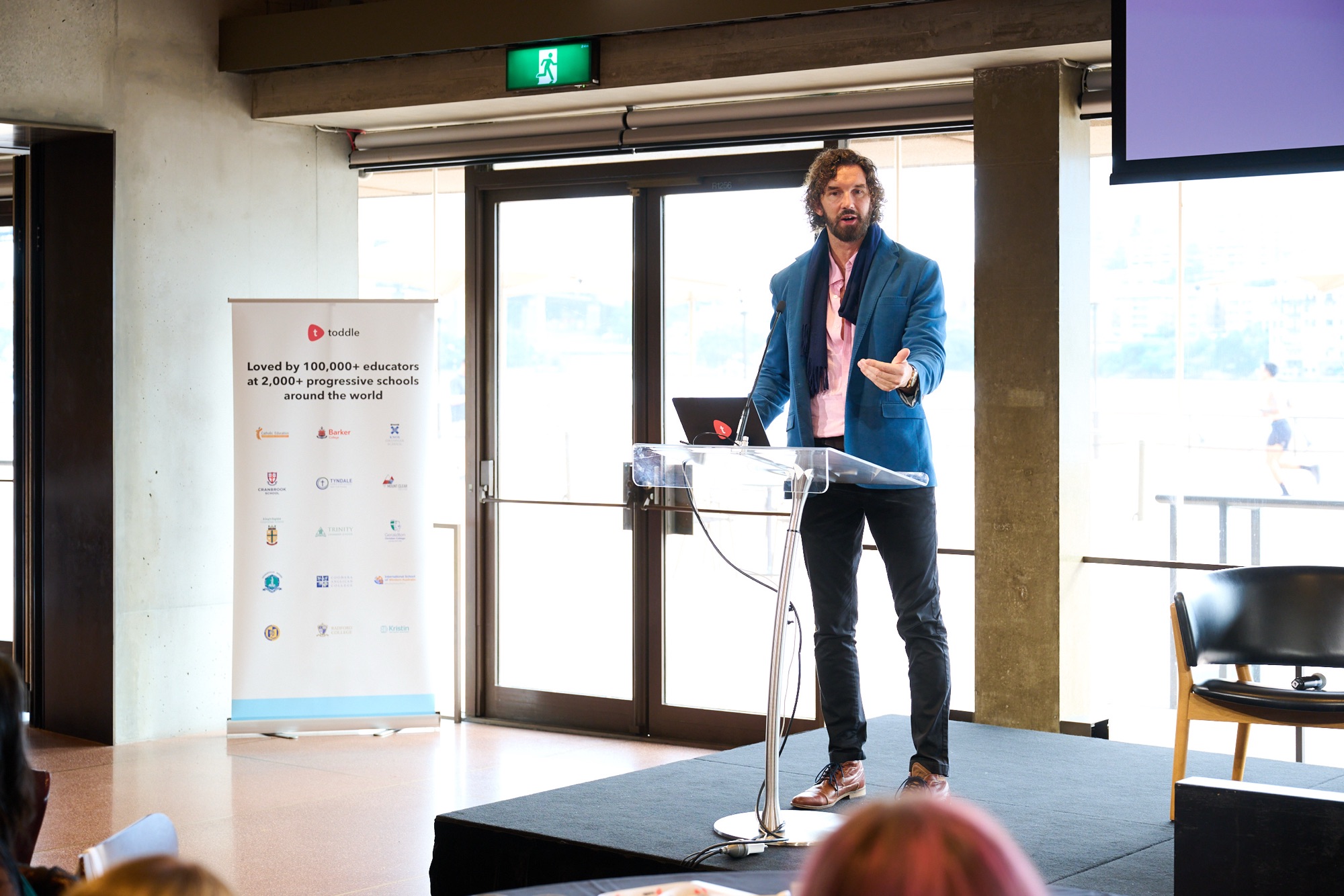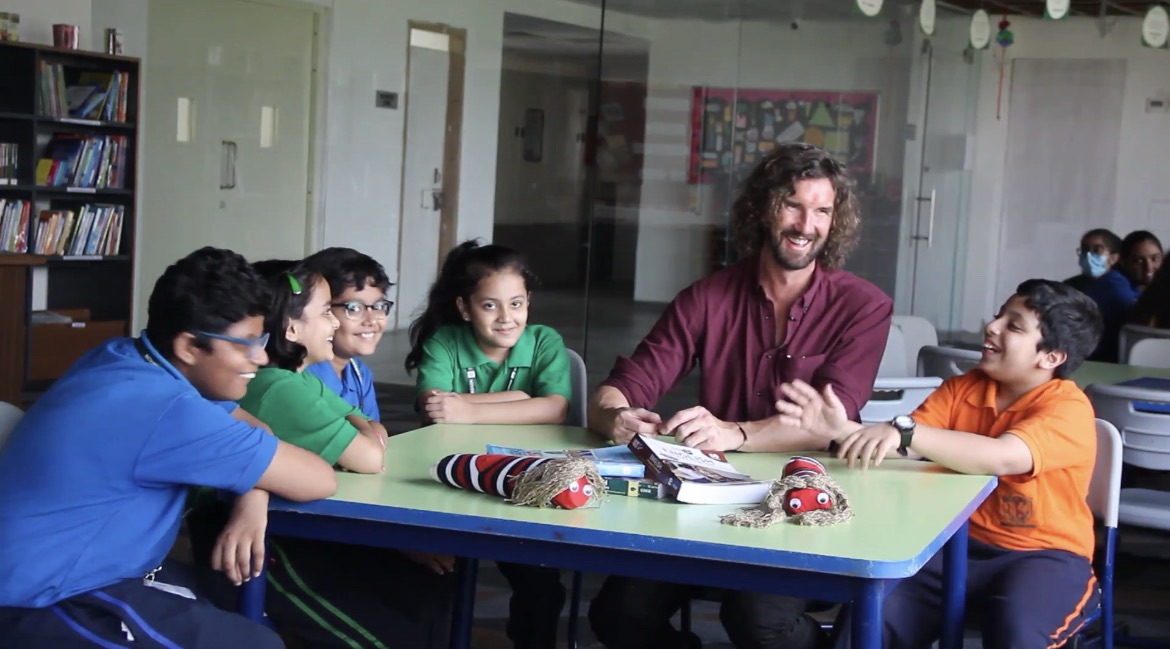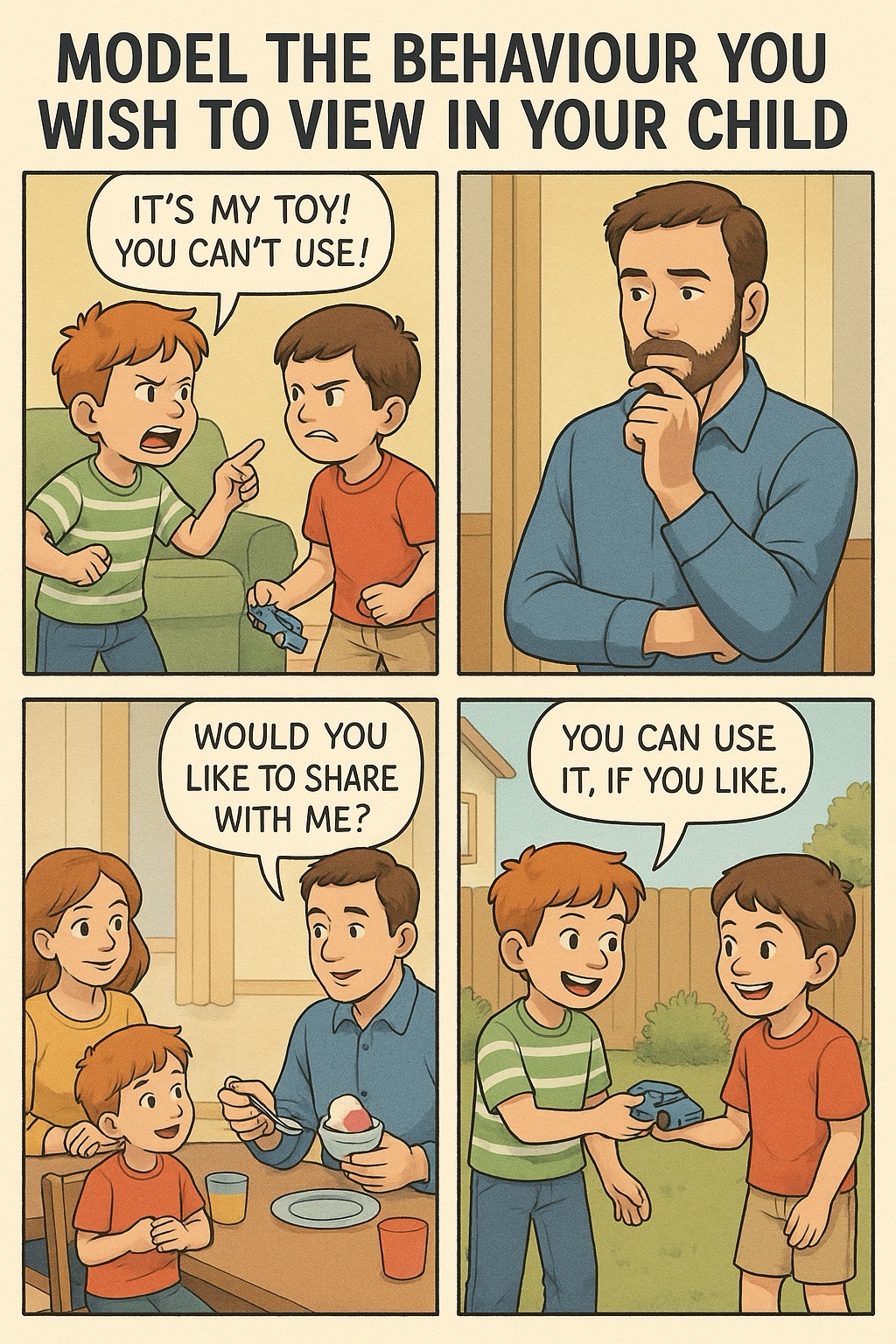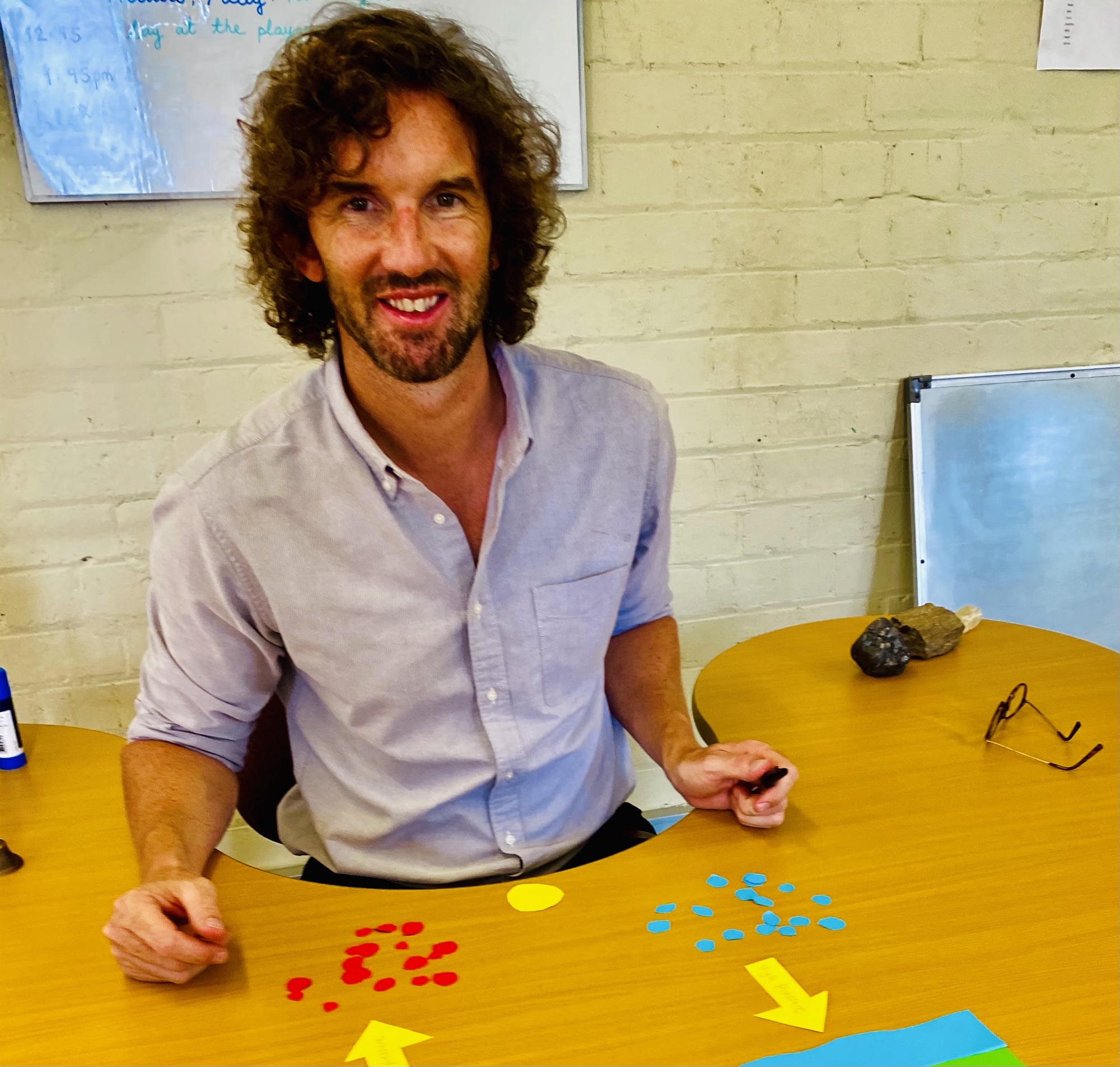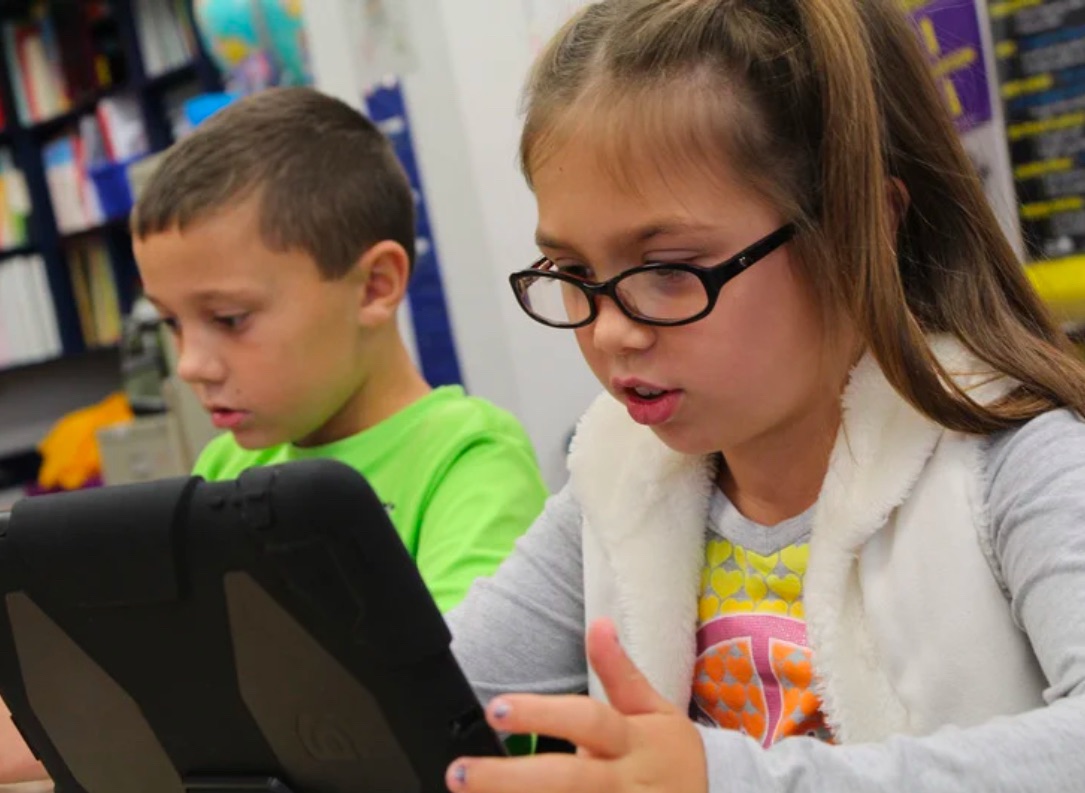Schools have the power to shape the future by preparing students for the challenges ahead. However, it is not always necessary to rely on technology to do so. Here are ten ways that schools can prepare their students for tomorrow without using technology:

- Encourage critical thinking by providing opportunities for students to solve problems and make decisions. “The ability to think critically is the key to being a good citizen and an independent learner.” – David N. Perkins
- Foster creativity by allowing students to explore their passions and interests. “Creativity is not the finding of a thing, but the making something out of it after it is found.” – James Russell Lowell
- Develop strong communication skills by teaching students how to express themselves effectively in writing and speaking. “The ability to communicate effectively is a critical skill in today’s world.”
- Promote teamwork and collaboration by encouraging students to work together on projects and assignments. “Alone we can do so little, but together we can move mountains.” – Helen Keller
- Emphasize the importance of emotional intelligence by teaching students how to manage their emotions and understand the emotions of others. “Emotional intelligence is the key to creating strong relationships and achieving success.”
- Encourage physical fitness and wellness by providing opportunities for students to participate in sports and other physical activities. “A healthy body is the foundation of a healthy mind.”
- Teach time management and organization skills by providing students with tools and strategies to manage their time effectively. “Time management is the key to success.”
- Develop a sense of curiosity and a love of learning by providing students with opportunities to explore new ideas and subjects. “Curiosity is the engine of achievement.” – Ken Robinson
- Encourage civic engagement by teaching students about their rights and responsibilities as citizens and providing opportunities for them to take action in their communities. “The future belongs to those who are engaged in creating it.”
- Provide opportunities for real-world learning by connecting the classroom to the community and the workplace. “Learning is not the product of schooling but the lifelong attempt to acquire it.” – Albert Einstein
By focusing on these key areas, schools can prepare students for tomorrow without relying on technology. As the famous quote goes, “Give a man a fish and you feed him for a day; teach a man to fish and you feed him for a lifetime.” In the same vein, providing students with the skills and knowledge they need to succeed in the future will be far more valuable than giving them access to the latest technology


